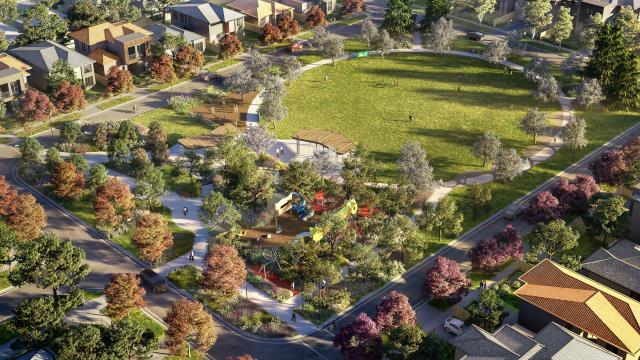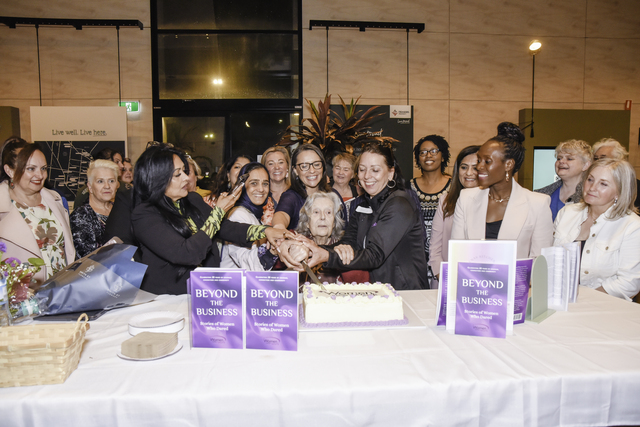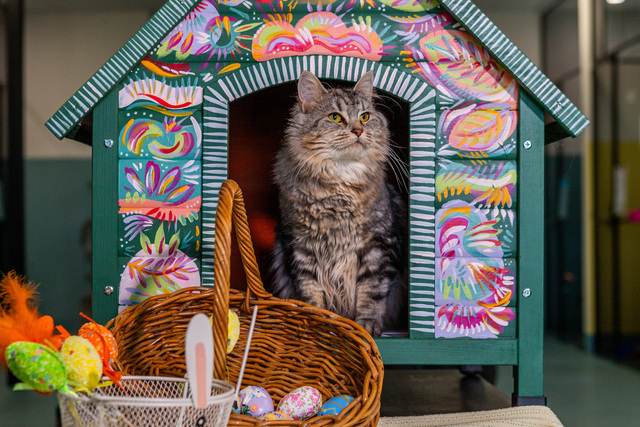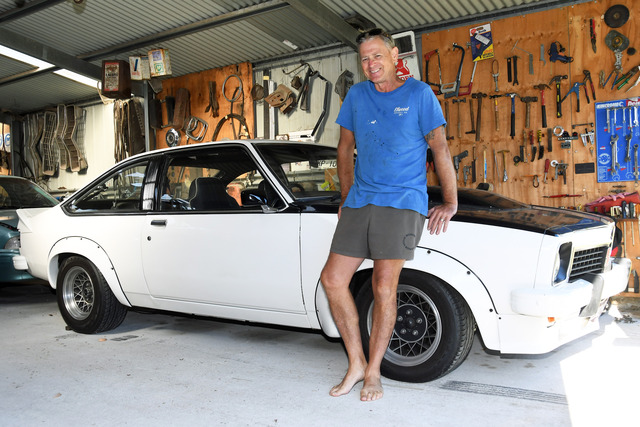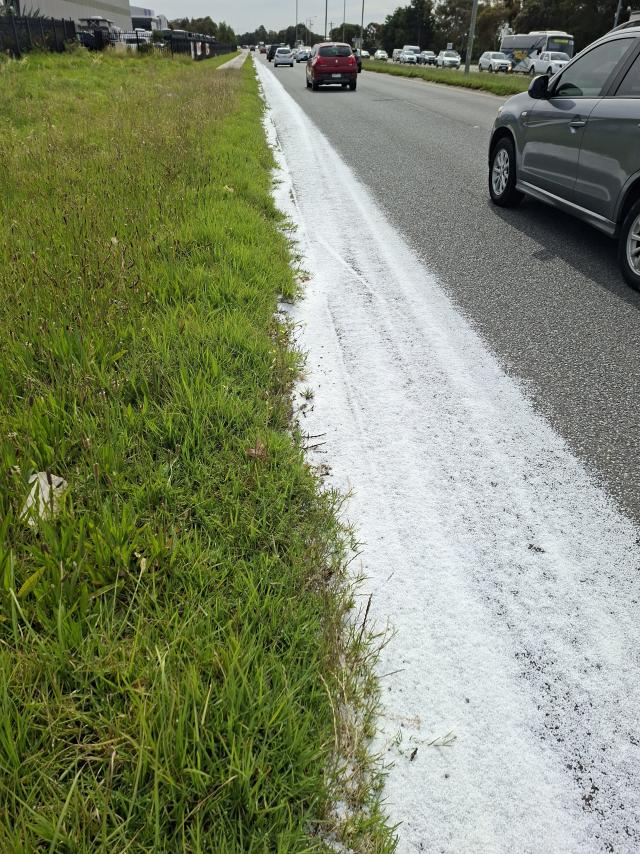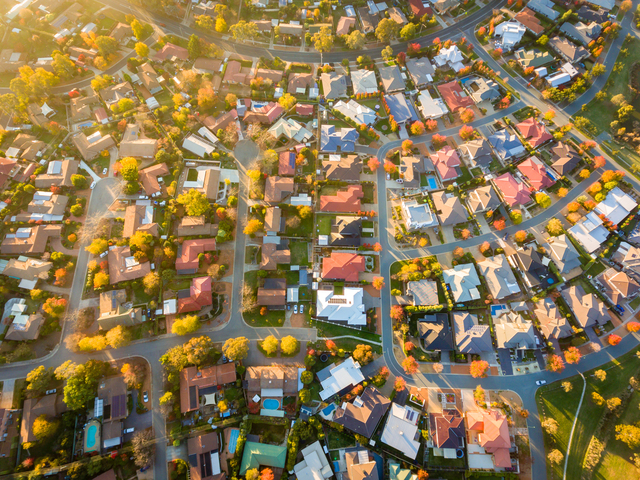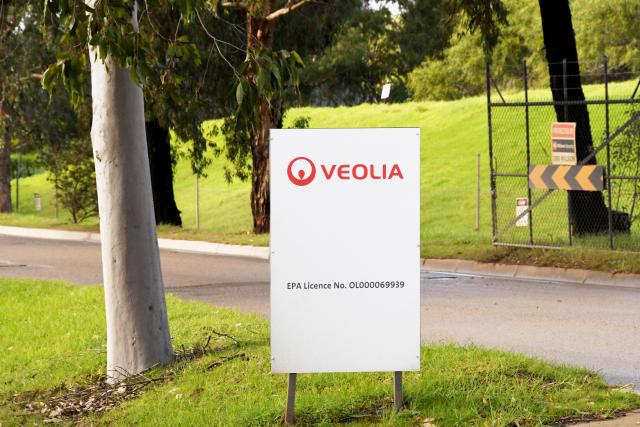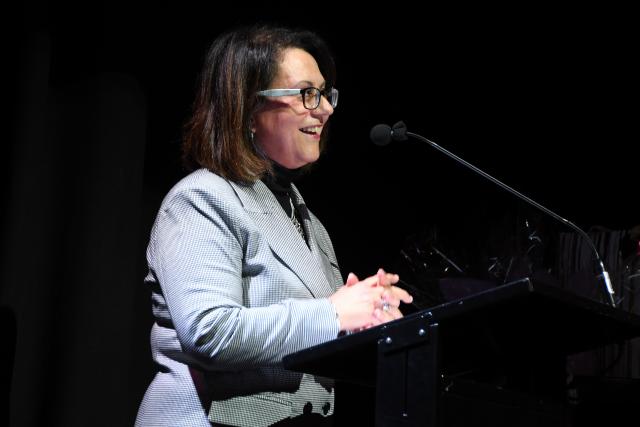In response to a worsening housing crisis, political parties seem to be just “tinkering around the edges”, says Wayss homelessness support and renter services general manager Shari McPhail.
“For a lot of the time, there’s a lot of white noise.
“What we need to see is action.
“We’re not seeing things that are making it easier for people, so they don’t have to come to our service.”
Star Journal recently asked political candidates in Bruce for their solutions to the crisis.
Meanwhile, McPhail says housing stress is worsening – with South East rental stocks declining by 14 per cent. At the same time, affordable rental dwellings shrank a disproportionate 30 per cent.
Street homelessness is noticeably more prevalent.
Meanwhile, Wayss is placing people-in-need into motels, because of a shortage of emergency-housing stock.
“As the biggest homelessness agency, we don’t have a solution for them. Because the solution is housing.”
McPhail is frustrated that housing is not regarded as “critical infrastructure”, like schools, roads and hospitals. And that there isn’t bipartisan agreement on how to solve the crisis.
“In terms of what we want to see is a national homelessness and housing plan to ensure every Australian has access to adequate housing.
“We think that’s pretty basic. It’s not asking for a lot.“
Everybody’s Home spokesperson Maiy Azize of Everybody’s Home described the election debate so far as “dispiriting” with “nothing new” from the Government.
She cited a “shocking” recent report from Everybody’s Home stating renters needed $130,000 to comfortably rent in Australian capital cities.
“People are struggling to buy and also struggling to rent, which is a sad indictment.
“The Labor Government is doing things I support but they’re benefiting only a small number of people.”
For example, the Government’s promise for 55,000 social and affordable rentals by 2030 was well short of a 640,000-dwelling shortfall, she said.
“We had numbers of affordable homes right up to the early 1980s when 1 in 3 renters were renting from the Government.
“All sorts of people were involved – public servants, teachers, not just low-income earners – and that was why they were able to save to buy a home.
“When you look around the world at the countries doing well, it’s where governments play a big role in housing.”
The Coalition’s plan to allow first-home buyers to use superannuation for housing deposits would just push up the price of housing, she said.
She welcomed the Greens policies on public developer support and tax reform – though she didn’t agree with the one-investment property exemption.
St Vincents de Paul called on the Government to double the Housing Australia Future Fund, reform taxes to incentivise the use of long-term vacant residential properties and land, and increase Commonwealth Rent Assistance.
Housing Industry Association supported the Coalition’s Super for Housing policy, and urged expansion of the Home Guarantee Scheme, Help-to-Buy and First Home Super Saver schemes.


